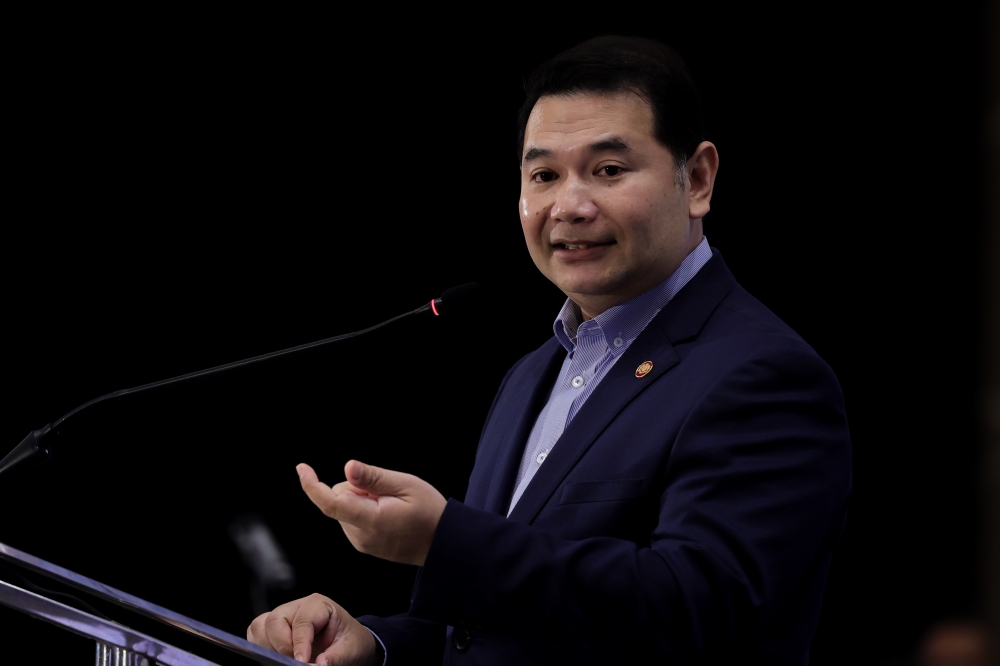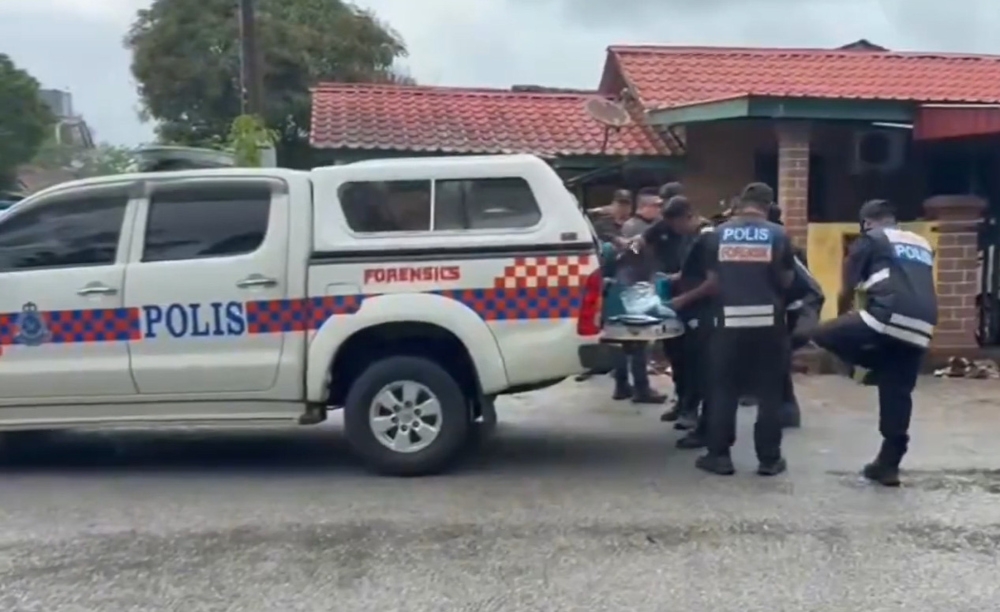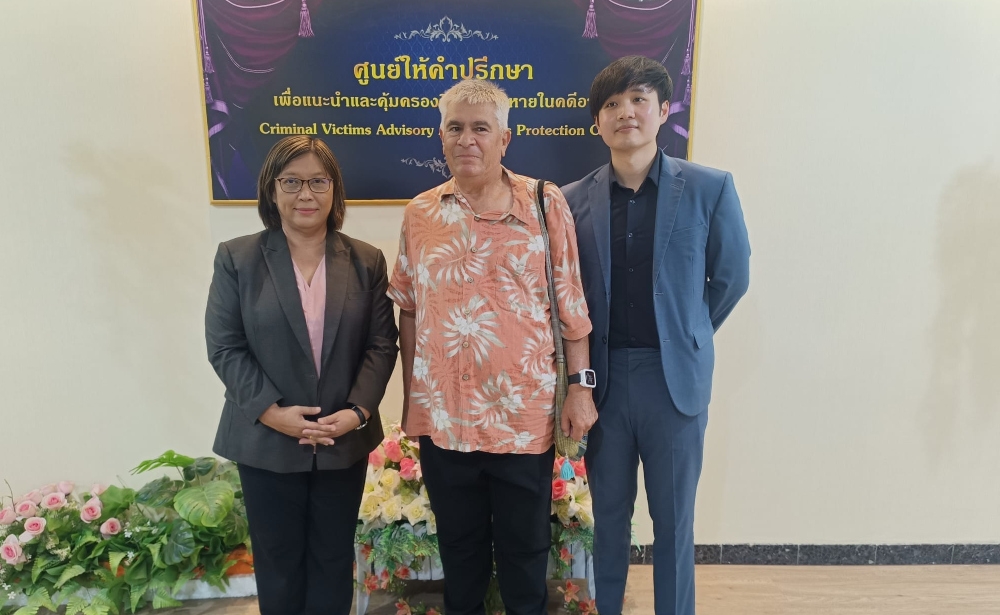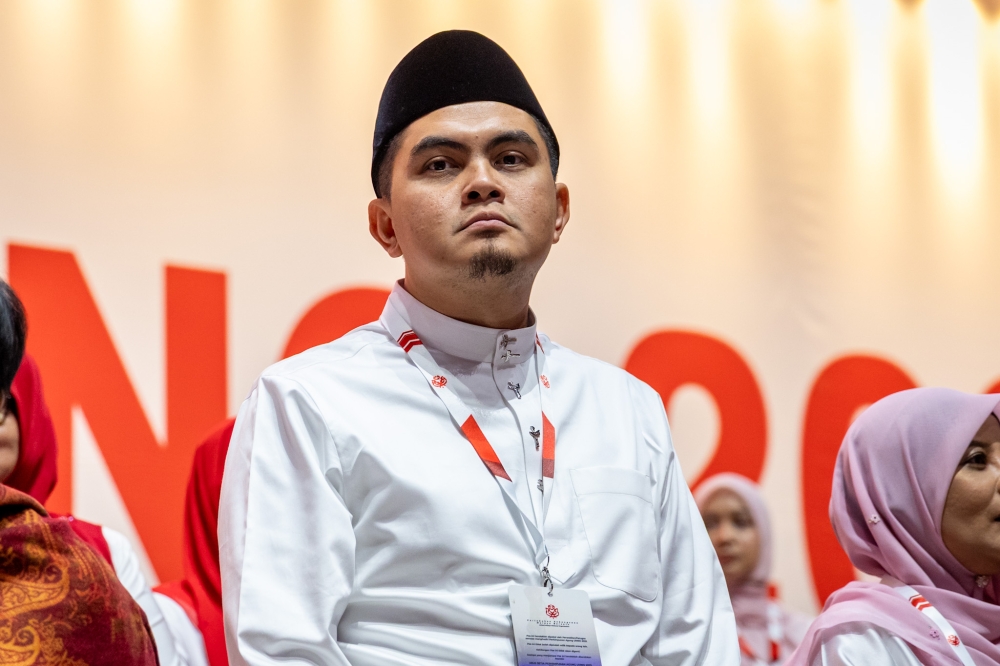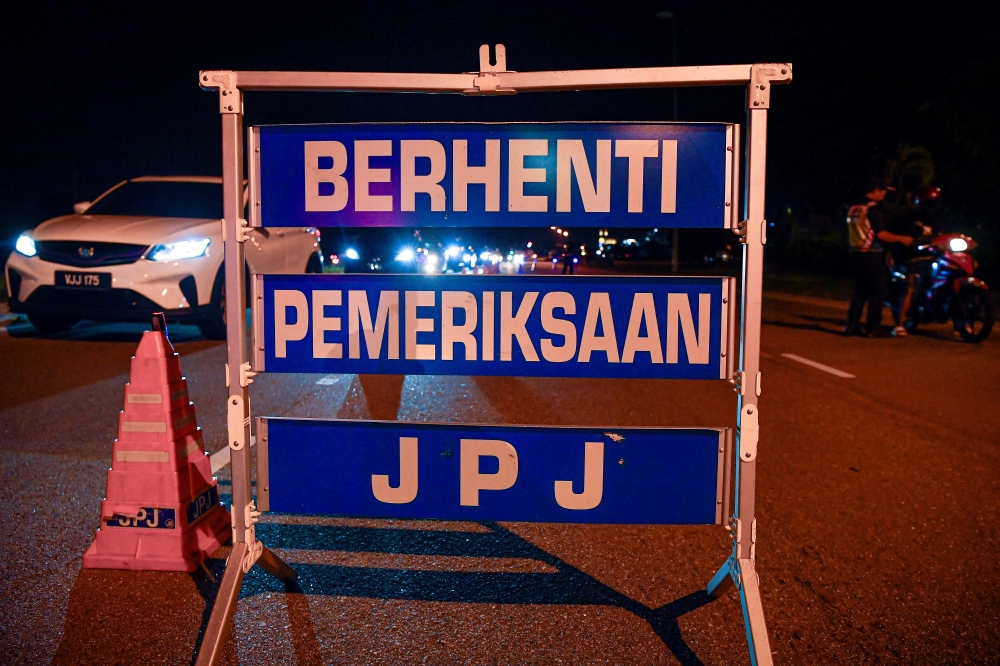KUALA TERENGGANU, July 22 — The parole system or community-based rehabilitation programme for prisoners in the country has been very effective in reducing recidivism, says Prisons Department director-general Datuk Sri Zulkifli Omar.
He said this was evident as the reconviction rate for the group was only 0.4 per cent, far below the 10 per cent for inmates who underwent rehabilitation programmes in the prison.
In this regard, Zulkifli said the department was planning to expand the initiative throughout the country with the cooperation of various parties, including industry partners and the corporate sector, as well as the community at large.
“We are targeting that by 2030, two-thirds of prison inmates will undergo rehabilitation programme in the community. However, it will only involve minor offenders such as for theft, beatings and low-level drug offences.
“In Malaysia, 70 per cent of prison inmates are under the ‘low-risk’ category and only 30 per cent are ‘high-risk’... the latter group will remain in prison,” he told reporters after the presentation of the Terengganu state-level excellent service awards (APC) to prisons staff for the year 2019 here, today.
Also present were Terengganu Prisons director Ahmad Saidi Hamzah and Universiti Sultan Zainal Abidin (UniSZA) vice-chancellor Prof Datuk Dr Hassan Basri Awang Mat Dahan.
A total of 41 prison officers of various ranks were selected to receive the award.
According to Zulkifli, apart from preventing relapse into criminal behaviour, community-based rehabilitation programmes also helped reduce congestion in prisons as well as government expenditure.
He said the department had also received many requests for manpower from industry players, including in the plantation and manufacturing sectors.
“Currently, the total number of prisoners nationwide is 67,000, and this number has actually exceeded our capacity of 53,830 people.
“So we are working on expanding this programme and will look into changes in terms of the relevant Acts to allow more (prison inmates) to be (rehabilitated) outside,” he said. — Bernama


